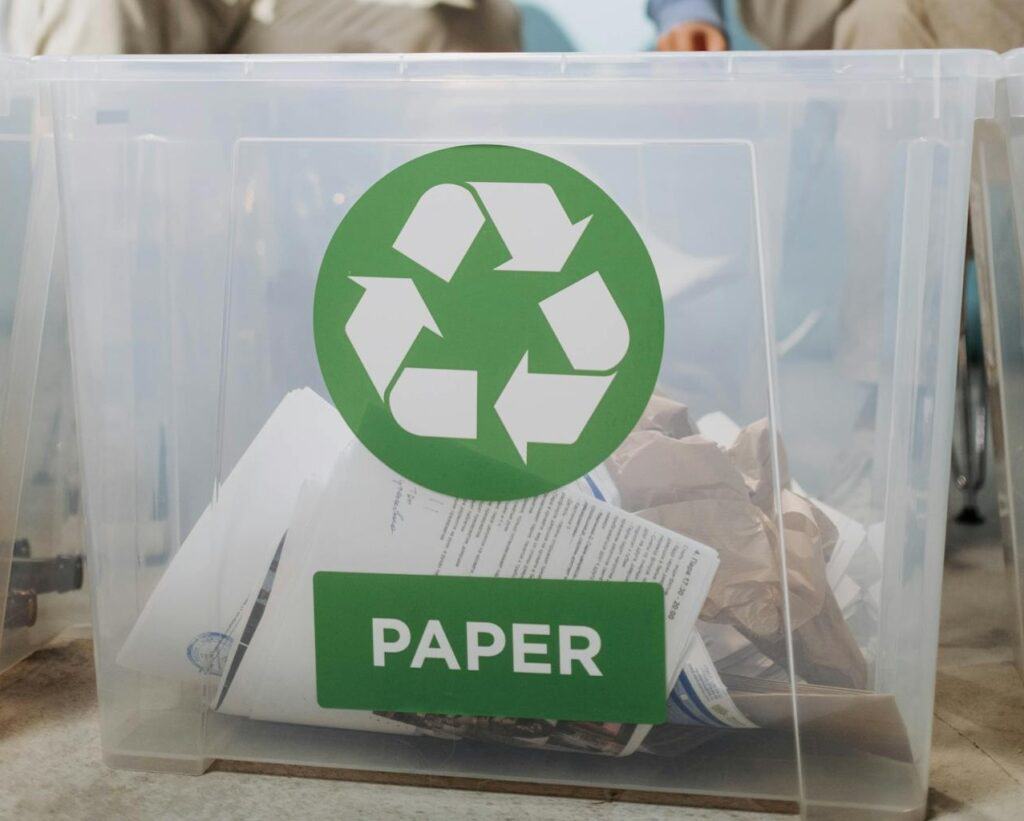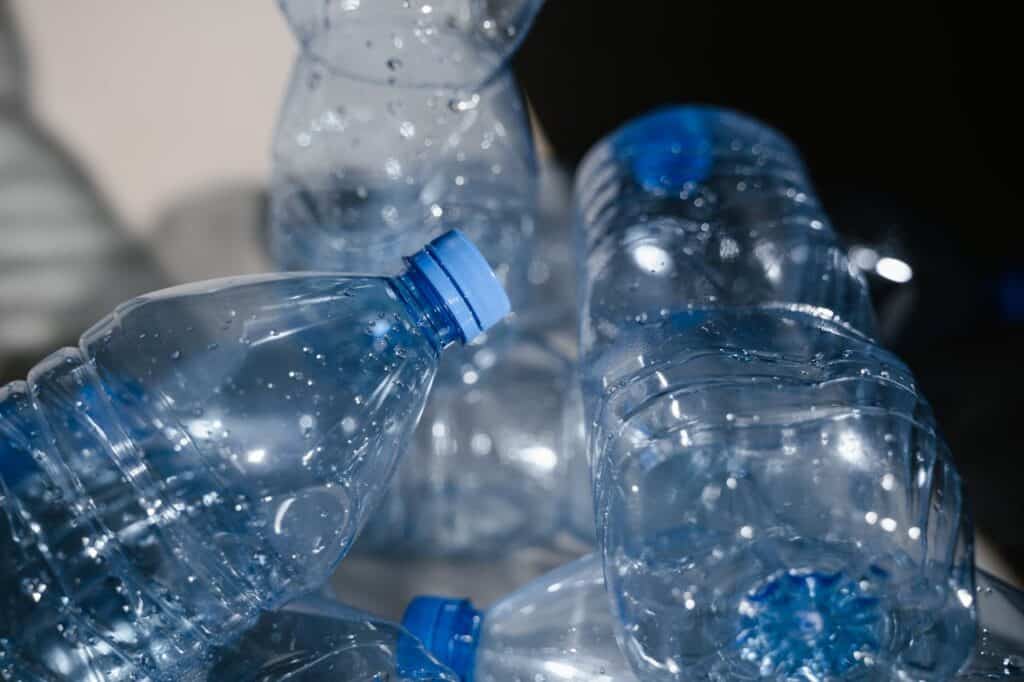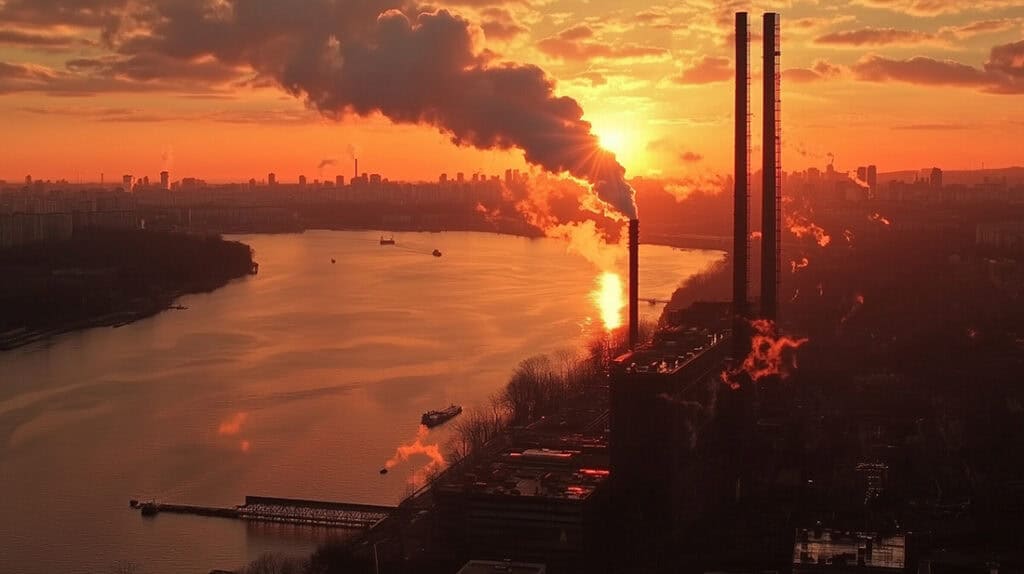Many people rejoice when oil prices plummet, as it means that it’s cheaper to fill up the car and get from A to B. The price of oil doesn’t just impact prices at the pump. As crude oil is a component of plastic, the fluctuation in oil prices also has a bearing on the price of plastic. While falling oil prices may bring good news for consumers in terms of decreasing costs of items made from plastic, tumbling oil prices increase the cost of recycling. For recyclers, declining oil prices spell bad news.
How do oil prices affect plastic recycling?
There is a direct relationship between the cost of oil and the price of producing and recycling plastic. Plastic is made from several components, one of which is oil. This means that when the cost of a barrel of oil falls, the price of making plastic also decreases. This may seem like a positive market move on the surface, but it provides problems for plastic recycling. If the cost of producing virgin plastic, plastic that has not been recycled, falls, manufacturers will be more likely to invest in virgin plastic, rather than recycled plastics. When prices start to drop, virgin plastics become more appealing to the detriment of recycled products.
If you’ve been to a petrol station recently, you’ll know that the price of oil changes almost on a daily basis. Globally, oil prices have been falling, and this has impacted plastic prices and the popularity of recycled plastic. In the US, for example, the cost of gas has plummeted, and this has, in turn, contributed to lower manufacturing costs for plastic. High oil prices mean expensive plastic products, while low prices mean cheaper plastic products. There are advantages to reduced manufacturing costs, but not if you’re interested in recycling, and you want to buy recycled products as a means of greener living. Both manufacturers and consumers may be more inclined to buy virgin plastics if prices are low, and this reduces demand for recycled plastic. In addition to an increased desire for virgin plastics, manufacturers may also decide against recycling plastics.
The impact of low oil prices
The impact of low oil prices has been felt across Europe and the US. In Europe, plastic waste recycling companies have folded due to declining oil costs, and in the US, Waste Management, the country’s largest waste services provider, closed 20 centres in 2014/2015. The cost of producing virgin plastics decreases in line with the price of oil. Cost is a major influence for the majority of consumers and manufacturers, and many may decide that they want to buy virgin plastics, rather than recycled plastic. While recycled plastic used to be cheaper than brand new plastic, times have changed, and lower oil prices have made virgin plastics more affordable and more appealing.
Low prices can also have a domino effect on other types of recycled products. As oil is so influential, falling costs can affect the value of other popular consumer commodities, which makes recycled products like paper and metal less attractive.
Global oil prices can be tracked HERE
Recycled plastic versus virgin plastic
Virgin plastic is a term used to describe plastic that is brand new and hasn’t been recycled. When oil prices jump, the cost of producing virgin plastic increases, and this makes recycled plastic more appealing to manufacturers. When prices plunge, virgin plastics become a cheaper option, and this often drives demand for new plastic. When demand for virgin plastic soars, recycled plastic becomes less sought-after. While recycled plastic works as effectively as virgin plastic, many manufacturers prefer to buy new, as there is an assumption that new is better.
What does the future hold?
It’s virtually impossible to predict the future, as oil prices fluctuate and we are living at a time when greener materials and manufacturing processes are becoming more commonplace. Businesses and consumers are starting to take more of an interest in the environment, and this may prompt an increase in demand for recycled plastic, even if oil prices remain low. There is also a great deal of development work in progress to promote recycling, to reduce the amount of single-use plastic in the world and to create more eco-friendly materials. If oil prices continue to drop, there is a risk that recycled plastic will become even less popular, but if there’s a spike in the cost, virgin plastics will become more expensive and therefore less appealing. Political factors will also continue to influence oil prices. Recent tensions between the UK and the US and Iran, for example, have pushed prices up slightly.
Low oil prices are often celebrated at the pumps, but plunging costs can actually have a downside. When oil prices drop, the cost of producing virgin plastics also falls, making new plastic more attractive to manufacturers and buyers than recycled plastic.
Plastic Recycling as a service
Here at Plastic Expert, we have a full range of plastic recycling services. This includes most plastic types including HDPE, PP, uPVC, PVC and polycarbonate/acrylics.








